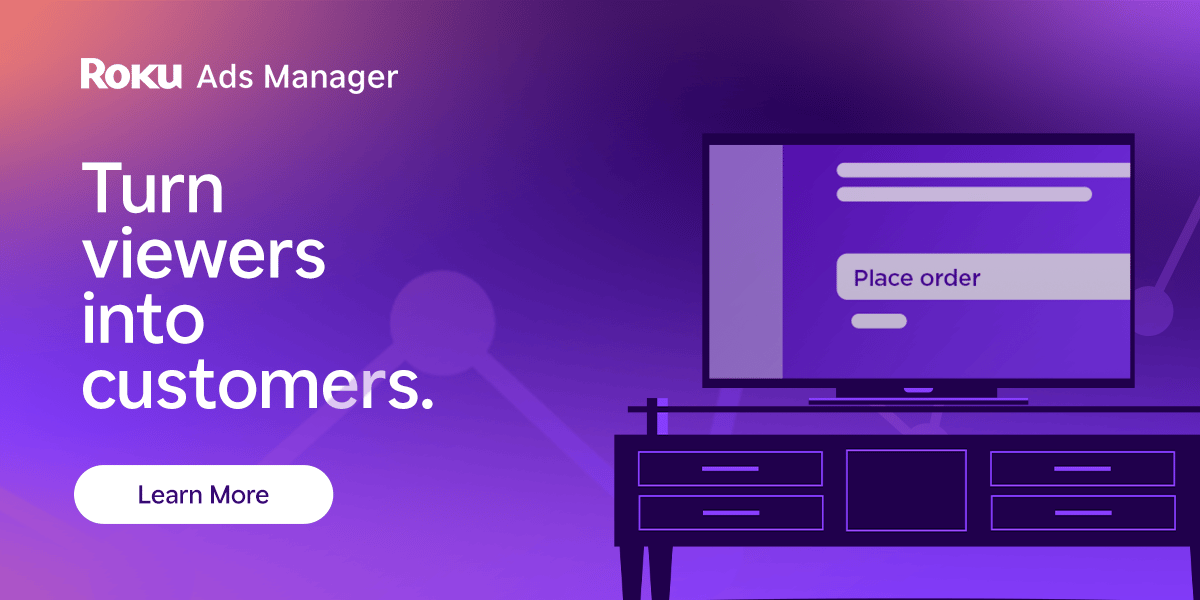The Contract Holding Society Together Is Breaking
For thousands of years, civilization ran on a simple deal:
You saw something with your own eyes, you could trust it. You heard something with your own ears, you knew it was real. A document with official seals was legitimate. Published information had been verified.
Courts relied on eyewitness testimony. Journalists built careers on documented facts. Banks processed transactions based on signatures. Governments issued credentials that meant something.
Everything operated on one assumption: what you could see and verify was real.
That contract is breaking right now, in real-time, and most people are still acting like it's in force.
The Week It Became Visible
Last week, millions believed OpenAI suddenly banned ChatGPT from giving medical and legal advice.
Screenshots flooded every platform. Articles got written. Even AI experts, people who teach this technology for a living, shared it with their audiences.
Then OpenAI stepped in: "Nothing changed. Same policies we've always had."
The whole thing was fake.
Someone misread a routine safety update. Others amplified it without checking. Within hours, a simple misunderstanding had crystallized into accepted fact and spread like wildfire.
Three Breaks Happening Simultaneously
1 - Evidence may no longer be conclusive.
A hundred years ago, a photograph ended an argument. Today, photos, videos, audio recordings, official documents, even entire websites with complete histories can be fabricated in minutes. Evidence doesn't settle debates anymore. It just gives both sides something to fight about.
2 - Speed is becoming more valuable than accuracy.
The old media model had friction built in. Investigation, verification, review, legal clearance. That friction served a purpose - it slowed information down enough for truth to catch up. The internet stripped all that out. Now the first story spreads, the first narrative sticks, and corrections that come later reach almost nobody.
We built a system that rewards being first over being right, then acted shocked when lies travel faster than facts.
3 - Tribal affiliation replaced independent verification.
People used to verify information by checking multiple authoritative sources. Now most people verify by checking if their tribe believes it. If the people you trust are sharing it, if it confirms what your group thinks, you believe it. No investigation needed. We stopped asking "Is this actually true?" and started asking "Does this feel true to people like me?"
These three breaks are accelerating every week. The contract that held everything together isn't expiring ‘someday’ in the future. It's dissolving right now, while most people are scrolling through their feeds acting like nothing fundamental has changed.
What You're Seeing That Others Miss
While everyone panics about deepfakes and AI manipulation, here's what they're missing:
When trust breaks everywhere, the people who still have it don't just get an advantage. They get a monopoly.
Your audience is exhausted right now. Every day brings conflicting stories, competing narratives, screenshots that might be real or might be fabricated. They're drowning in information and starving for someone who can help them see clearly through all of it.
Most people building audiences right now are competing on the old metrics. Speed. Volume. Viral moments. Content that rides algorithmic waves. All the things that worked when trust was abundant and freely given.
That era is ending in real-time.
The new game is about becoming someone people can trust when they can't trust anything else. And the people establishing that reputation now, while their competitors are still optimizing for engagement metrics, are building something that becomes impossible to compete with later.
Here's why: Trust compounds exponentially, but only if you start building it before everyone else realizes they need to. Every time you're right when others are wrong, every time you pause when others rush, every time you say "I don't know yet" while others are guessing confidently, you're widening a gap your competitors won't be able to close.
Because once your audience knows you only share verified information, once they've watched you be careful when everyone else was careless, they stop comparison shopping for truth. They just come to you first.
That's not an audience anymore. That's a monopoly on credibility in your space.
What Happens Next
We're standing at a strange moment in history.
Right now, creating convincing fakes still requires some technical skill. The tools are good, getting better every week, but there's still a learning curve. Experts can still spot most of them if they look carefully enough.
That window is closing fast.
Within two years, maybe less, anyone with a smartphone will be able to create pixel-perfect fake photos, flawless synthetic videos, voice recordings that fool biometric systems, documents that pass forensic analysis. All of it trivially easy. All of it nearly free. All of it accessible to anyone with an agenda and fifteen minutes.
And we just proved, definitively, that we can't even handle a simple misunderstanding about a policy change.
Most people will keep playing the old game. Chasing speed. Optimizing for virality. Sharing first, verifying never. Building their entire presence on engagement metrics that worked when trust was free.
Watch what happens to them.
When the next major wave of misinformation hits their space, when their audience realizes these people will share anything that gets clicks, years of audience building evaporates overnight. The credibility they thought they had turns out to be built on sand.
A small number of people are seeing what's actually happening. They're adapting now, while there's still time. They're building verification into their process. They're getting known for being right when it matters, not just being first when it doesn't.
Those people are going to own the next decade.
Not because they're smarter or have better information. But because they understood what fundamentally changed and adapted while everyone else was still operating on instinct from a world that doesn't exist anymore.
The people who can still be trusted when trust is collapsing everywhere else are establishing positions that become functionally unassailable.
Because trust, once lost, is nearly impossible to rebuild. And trust, once established when nobody else has it, becomes the kind of moat that doesn't erode.
You're watching a market repositioning happen in real-time. The question is whether you see it clearly enough to adapt before your competitors do.
Choose what you're building carefully.
The old game is ending. The new game rewards different things entirely.
And the people who figure that out first are going to look like geniuses to everyone who figures it out second.
Final Thoughts
The next few years belong to the people who act now. You need to see which side you're on. And you need to move.
Because in 12 months, the gap may be too wide to cross.
Join us on Patreon and let's figure this out together.
Shoppers are adding to cart for the holidays
Over the next year, Roku predicts that 100% of the streaming audience will see ads. For growth marketers in 2026, CTV will remain an important “safe space” as AI creates widespread disruption in the search and social channels. Plus, easier access to self-serve CTV ad buying tools and targeting options will lead to a surge in locally-targeted streaming campaigns.
Read our guide to find out why growth marketers should make sure CTV is part of their 2026 media mix.

